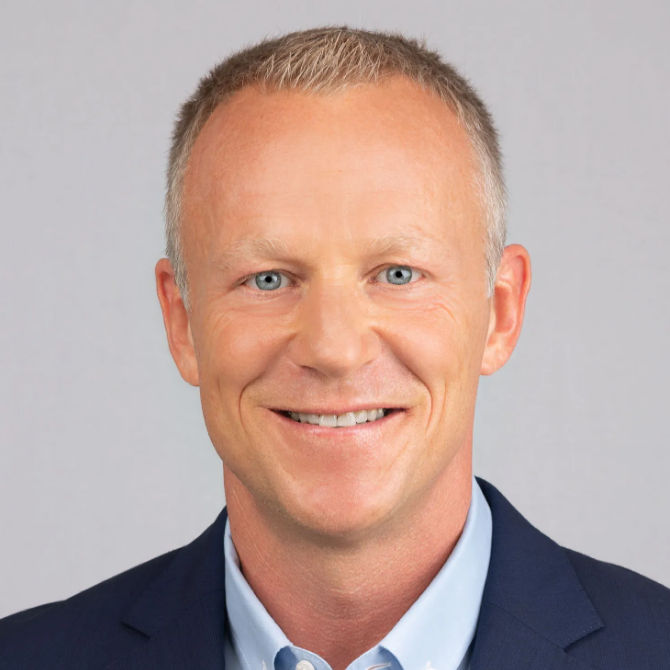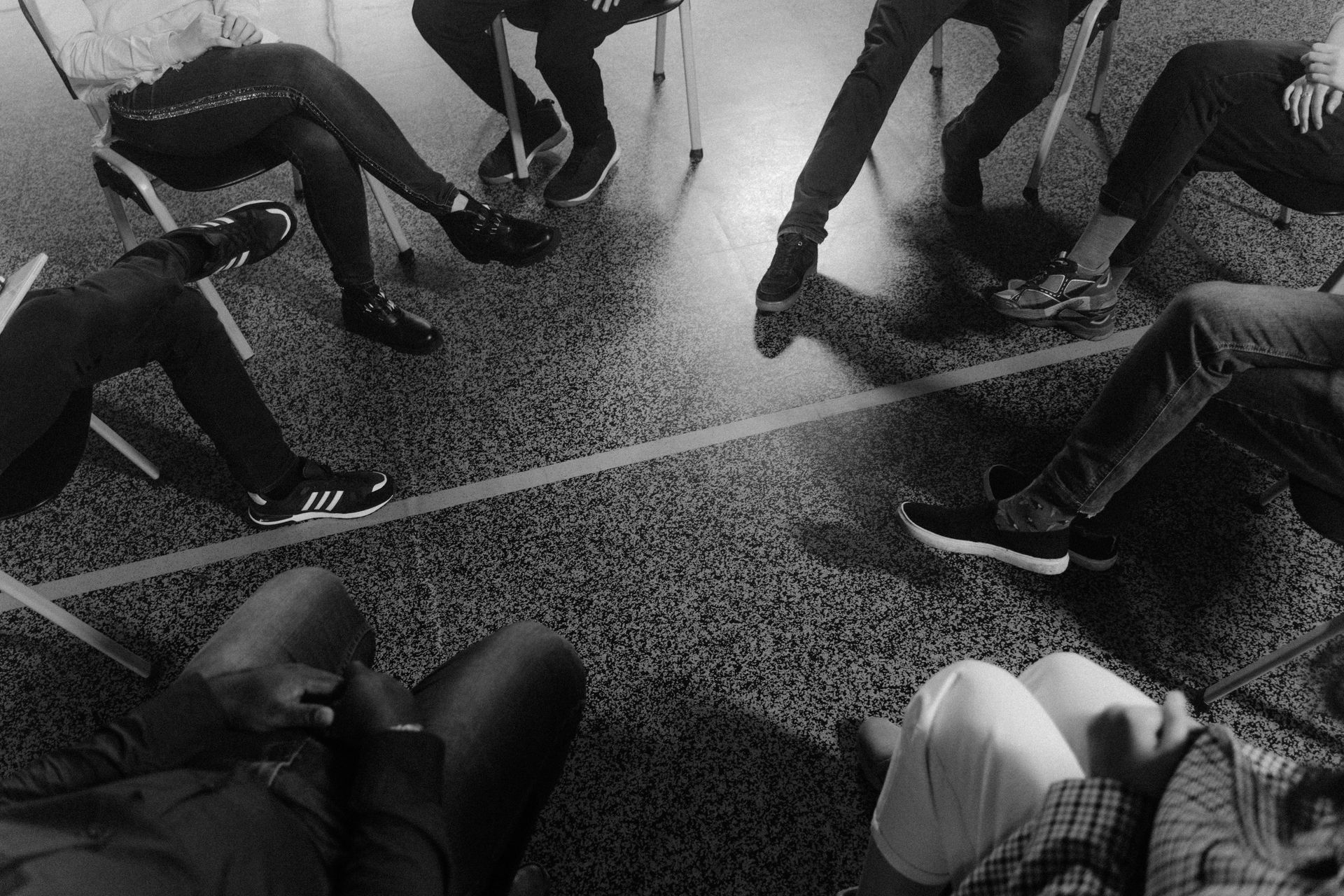FDH Highlights: Paul Getzendanner

FDH Highlights: Paul Getzendanner
In this new series—FDH Highlights—you’ll have the chance to meet and get to know the inspirational team members that make up the unique at-home behavioral health treatment provider Front Door Health. And what better place to start than the CEO?
Paul Getzendanner JD, LCSW, CADC, and CEO of Front Door Health, has a long history with recovery and a passion for helping those in need. He is an attorney, social worker, and person in long-term recovery.
Below, Paul shares more about his background, what he feels are the most important aspects of his job at Front Door Health, his views on the current healthcare system, and much more…
What led you to becoming the CEO of Front Door Health?
I guess it begins with my own recovery. I got sober 15 years ago and consumed a lot of traditional treatment or what we call “treatment-as-usual.” I typically did well in rehab, wanted to be there, wanted to get better, but—once I got back home—trouble quickly found me.
Rehab can be a great “time out,” and it certainly gives your family a break, but it’s simply not designed to effectively treat addiction. Treatment is too brief. It’s essentially all group therapy and thus can’t be individualized, there’s inadequate attention paid to mental health and trauma, and, more broadly, it’s performed in a completely artificial environment.
Getting sober in rehab is relatively easy, staying sober once you resume your life is another thing entirely. So, I got aboard the treatment-relapse-treatment merry-go-round that pretty much defines addiction treatment in this country. It took a lot of time, money, and yes, luck, to finally break free.
Later, when I started providing treatment to others, I consistently saw the same thing…
You’d see the same guy 3, 4, 5 times a year in your residential programs. They would do great in treatment, they’d be given the standard outpatient and AA referrals, but they couldn’t stay sober once confronted with the triggers inherent in “real” life. Worse, once fentanyl hit the scene, a lot of guys weren’t making it back to treatment. That was enough for me, and I began looking for better ways to treat these problems. At-home, longer-term, and evidence-based treatment was the answer—and that answer became Front Door Health.
Where did you go to school and what degrees do you hold?
Francis Parker for high school, then off to Colby College for one year. I finished my undergraduate degree at the University of Arizona. I got my JD from Loyola University Chicago in 1994, then MSW from Loyola in 2010.
What is the most important part of your job?
Assembling and supporting our team (and staying out of their way).
More than most, behavioral health is a people business. Regardless of clinical approach, intervention, or modality, it’s the relationship between provider and patient that most strongly correlates to successful treatment. Making sure we hire quality clinicians and giving them everything they need to succeed improves outcomes and leads to a healthy workplace.
Behavioral health has a workforce problem—there’s a shortage and retention is terrible. These are difficult jobs and there seems to be a fairly pervasive discontent among frontline staff. FDH may not get everything right, but it is a good place to work.
What are the biggest struggles in the mental health field?
Tough to be concise here.
How we pay for and manage care…episodic treatment based on ASAM and what payers will cover, the “medical necessity” dance between providers and payers that shuffles patients between beds and chairs and back to beds based on transitory symptoms…there’s no continuity of care.
Confining treatment to this construct limits innovation and produces cookie-cutter programming. Everyone claims to provide evidence-based and personalized care, but they’re all running the same groups and moving patients between often arbitrary levels of care.
FDH provides long-term treatment delivered by the same team, and intensity is titrated up and down in real-time based on how our patients are doing. We don’t discharge you to lower levels of care one day only to “step you up” to higher levels of care when you slip. We simply adjust our approach and direct more resources when people are struggling.
Our outcomes clearly demonstrate the utility of this model—our patients experience a 95% reduction in behavioral-healthcare utilization once enrolled in FDH. They are not going to ED’s, detox, residential, partial, IOP, and back again. They remain in our care (on average) 8-9 months and see the same psychiatrist, therapist, counselor, coach, family therapist, and nurse the entire time.
Getting a payer to recognize the value of this approach has been challenging, which, again, speaks to the problems of managed care.
If you could change one thing about the current healthcare system, what would it be?
Same answer.
Fee for service and fighting over medical necessity should be replaced by value-based arrangements. There needs to be alignment between providers, payers, and patients.
What are your hobbies?
I work out most days, either resistance training or cardio. I try to always be reading a book, fiction or nonfiction, but an actual book. I make the world’s best smoothie, or at least use the most ingredients.
If I’m not working or exercising, I’m spending time with my family, wife, daughter, and dog. I don’t get out much but compensate by doing a lot with my wife’s family. It’s been a tradeoff that’s worked.
What else would you like people to know about Front Door Health, your team, and/or you?
That you can have the benefits of treatment without the drawbacks.
Going to rehab, even outpatient, asks a lot of people. Sacrifice privacy, put your life on hold, disconnect from family, work, school, and positive routines, participate in 90% or more group therapy, share living spaces, deal with limited physician involvement or attention to co-occurring problems…only to be discharged knowing your odds of relapse and return to treatment are 80% plus.
Healthcare in general is moving into the home. Behavioral health, a series of chronic conditions impacted by trauma, and environment are perhaps ideally suited to this transition.
Would you rather fight a bear or a shark? Please explain why.
A bear. I can breathe on land.
About Front Door Health
Front Door Health provides judgment-free in-home treatment for patients when they need it. We take an evidence-based approach to treatment, and we create custom treatment plans for our patients to increase their chances of success. Our treatment process is client-focused and individualized. This means no group sessions with strangers and no “treatment as usual” approach. You are unique and the treatment plan we create for you is designed to meet you where you are along your journey and help you to reach your recovery goals.
We understand that it can be difficult to put your life on hold and take time off work. Our in-home treatment allows you to continue to meet your work, school, family, and other obligations while receiving the treatment you deserve.
If you would like to learn more about in-home treatment, contact Front Door Health today. We’re happy to answer any questions and provide you with the help you need.
info@frontdoorhealthcenter.com



